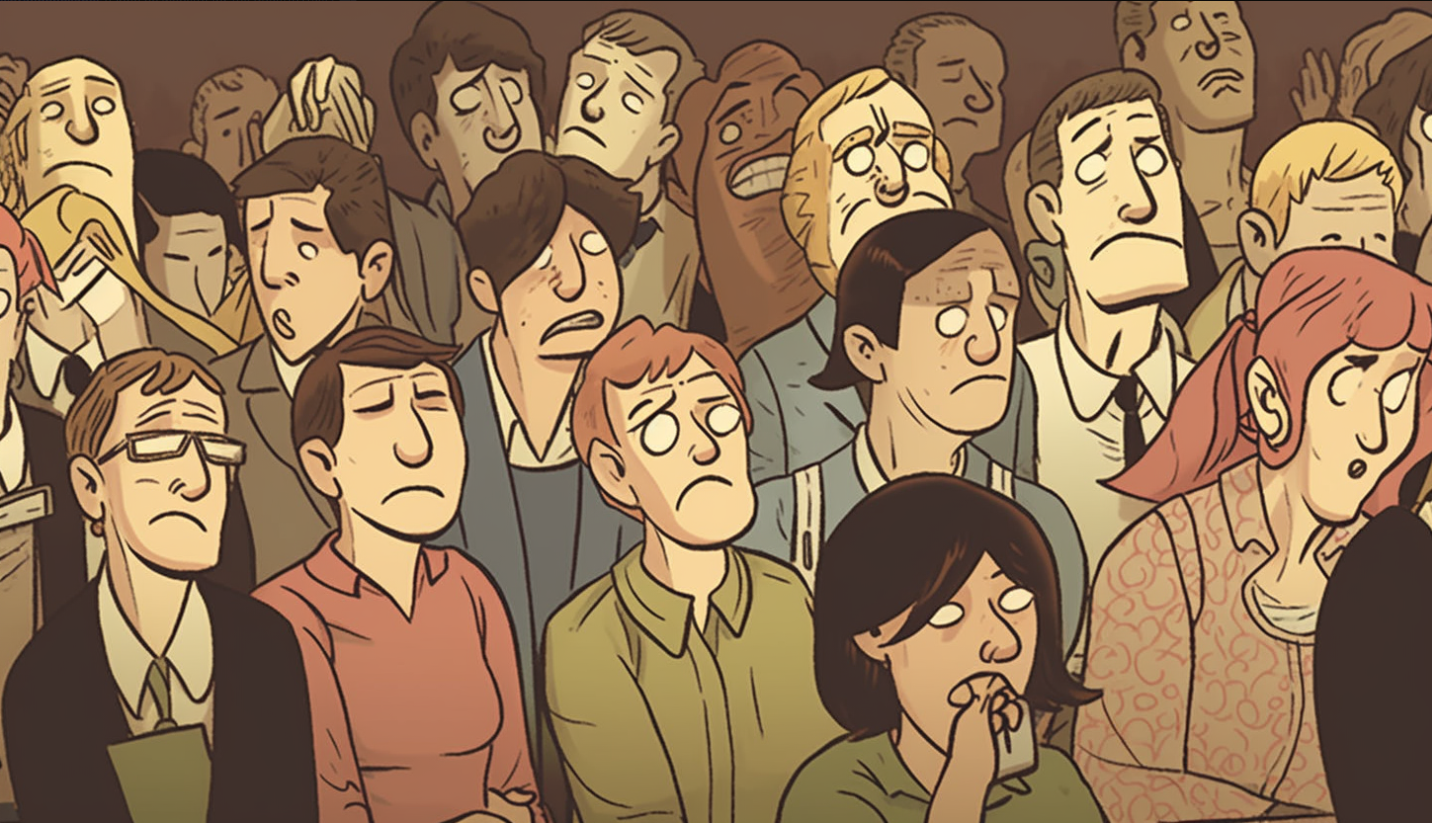Dear Coach,
I hope this letter finds you in good health and high spirits. I felt compelled to write to you and express my deepest gratitude for the life lessons you’ve taught me during my time as a member of the team. Your guidance and wisdom have made a significant impact on my life, both on and off the field, and I wanted to take a moment to acknowledge and thank you for your unwavering support.
Throughout my time under your tutelage, I have come to appreciate the value of discipline. The hard work and dedication you demanded of me have instilled in me a strong work ethic that has carried over into my academic pursuits and personal relationships. Your insistence on punctuality, commitment, and focus has helped me develop habits that have made me a more productive and dependable individual.
You also taught me the importance of teamwork and collaboration. Learning to work together with my teammates and understanding that success is built on the collective efforts of many has been invaluable in both my professional and personal life. You showed me that fostering a supportive and positive environment is crucial to achieving our goals, whether on the field or in any other aspect of life.
Perseverance is another lesson I will always carry with me. You encouraged me to push through setbacks, learn from my mistakes, and to never give up. This mentality has been instrumental in overcoming the obstacles I’ve encountered in life and has helped me develop resilience and tenacity.
I cannot overstate the impact your lessons on sportsmanship and respect have had on me. The importance of treating everyone with dignity, regardless of the circumstances, has shaped my character and made me a better person. The respect and humility you exhibited in both victory and defeat have been a guiding example that I strive to emulate.
Lastly, the sense of personal responsibility and accountability that you instilled in me has empowered me to take ownership of my actions and decisions. Your emphasis on the consequences of our choices has taught me to think critically and make more informed decisions in all aspects of my life.
In conclusion, I cannot thank you enough for the life lessons you have imparted on me. Your guidance, support, and mentorship have been invaluable in shaping me into the person I am today. I am forever grateful for the opportunity to have been a part of your team and for the lasting impact you’ve had on my life.
Wishing you continued success in your coaching career and all your future endeavors.
Warm regards,
Your Player
